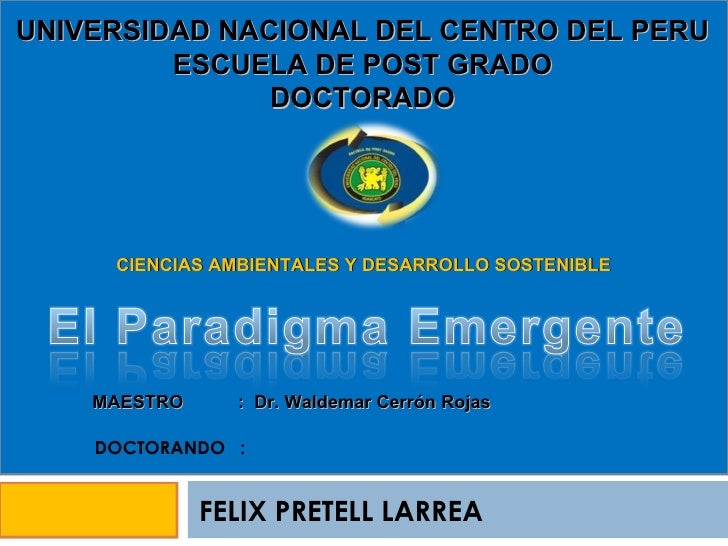
Paradigma
Totem runner for sale by owner. The same as mindset.It defines how you treat daily events and handle situations. What we see is distorted by what we want to see. Paradigm is a combination of your attitude and knowledge. A bad paradigm might completely contradicts the real nature of objects that are perceived by mind and leads to poor reaction. Usage Note: Paradigm first appeared in English in the 1400s, meaning 'an example or pattern,' and it still bears this meaning today: Their company is a paradigm of the small high-tech firms that have recently sprung up in this area. For nearly 400 years paradigm has also been applied to the patterns of inflections that are used to sort the verbs, nouns, and other parts of speech of a language.
Godswar facebook. First i would like to inform you that the only account that can do this are those who have completed a recruitment in Brothers in Arms(recruit already reaches lvl 80)(recruit already played 15hours in 15days) etc.1st step: login on the godswar BIA page2nd step: open a new tab and go to 1proxy.de (a web proxy to hide your ip address) on the 1proxy.de enter and click the login button(you will notice that no login page will appear) and you will see the address bar on top, the 1proxy.de address bar will have this the 9 characters after this, before the gw.igg.com etc.
Also found in: Thesaurus, Medical, Encyclopedia.
par·a·digm
(păr′ə-dīm′, -dĭm′)n.paradigm
(ˈpærəˌdaɪm) npar•a•digm
(ˈpær əˌdaɪm, -dɪm)n.
paradigm
2. any model or example. — paradigmatic, paradigmatical,adj.
| Noun | 1. | paradigm - systematic arrangement of all the inflected forms of a word inflection, inflexion - a change in the form of a word (usually by adding a suffix) to indicate a change in its grammatical function |
| 2. | paradigm - a standard or typical example; 'he is the prototype of good breeding'; 'he provided America with an image of the good father' example, model - a representative form or pattern; 'I profited from his example' concentrate - a concentrated example of something; 'the concentrate of contemporary despair' imago - (psychoanalysis) an idealized image of someone (usually a parent) formed in childhood | |
| 3. | paradigm - the class of all items that can be substituted into the same position (or slot) in a grammatical sentence (are in paradigmatic relation with one another) category, class, family - a collection of things sharing a common attribute; 'there are two classes of detergents' | |
| 4. | paradigm - the generally accepted perspective of a particular discipline at a given time; 'he framed the problem within the psychoanalytic paradigm' perspective, view, position - a way of regarding situations or topics etc.; 'consider what follows from the positivist view' |
paradigm
paradigm
nounOne that is worthy of imitation or duplication:paradigm
[ˈpærədaɪm]paradigm
Want to thank TFD for its existence? Tell a friend about us, add a link to this page, or visit the webmaster's page for free fun content.
Link to this page: